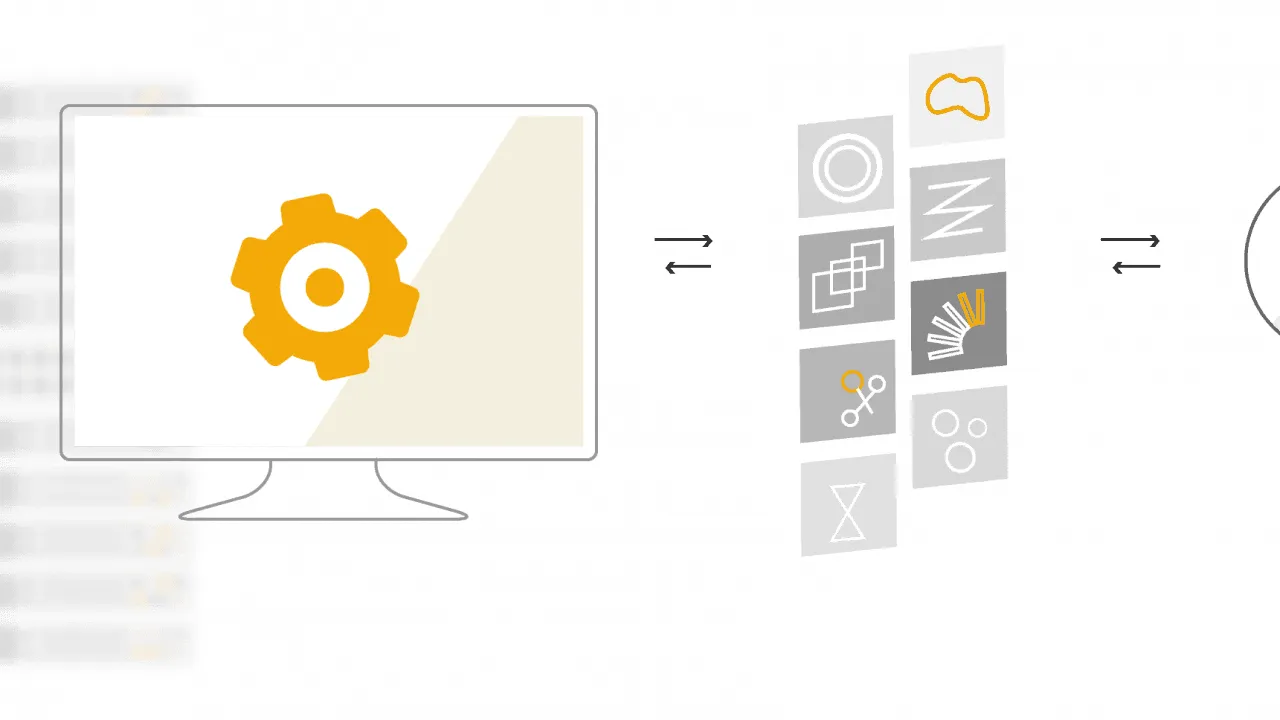
Advanced Operating Systems 
This course will provide students with a comprehensive overview of the design and implementation of modern operating systems. Students will learn about the principles of operating system design, the structure of operating systems, and the various components of an operating system. ▼
ADVERTISEMENT
Course Feature
![]() Cost:
Cost:
Free
![]() Provider:
Provider:
Udacity
![]() Certificate:
Certificate:
No Information
![]() Language:
Language:
English
![]() Start Date:
Start Date:
On-Demand
Course Overview
❗The content presented here is sourced directly from Udacity platform. For comprehensive course details, including enrollment information, simply click on the 'Go to class' link on our website.
Updated in [June 30th, 2023]
This Advanced Operating Systems course provides an overview of the advances that have led to the state-of-the-art operating systems that are used today. Students will explore a variety of platforms, including cell phones, multi-core, parallel systems, distributed systems, and cloud computing. The course will cover topics such as memory management, scheduling, synchronization, and security. Students will gain an understanding of the principles and techniques used to design and implement modern operating systems.
[Applications]
Students who have completed this course are encouraged to apply their knowledge to develop and design operating systems for various platforms. They can also use their understanding of operating systems to develop applications that are optimized for the underlying platform. Additionally, they can use their knowledge to troubleshoot and debug operating system related issues.
[Career Path]
Career Path: Operating Systems Engineer
Description: An Operating Systems Engineer is responsible for designing, developing, and maintaining the operating systems of computers and other electronic devices. They must be knowledgeable in the latest technologies and trends in the field, and be able to troubleshoot and solve any issues that arise. Operating Systems Engineers must also be able to work with a variety of hardware and software components, and be able to integrate them into a cohesive system.
Development Trend: With the increasing complexity of operating systems, the demand for Operating Systems Engineers is expected to grow. As technology advances, Operating Systems Engineers will need to stay up-to-date with the latest trends and technologies in order to remain competitive. Additionally, as more and more devices become connected to the internet, Operating Systems Engineers will need to be able to design and develop systems that are secure and reliable.
[Education Path]
The recommended educational path for learners is to pursue a degree in Computer Science with a specialization in Operating Systems. This degree will provide learners with a comprehensive understanding of the fundamentals of computer science, including algorithms, data structures, programming languages, and software engineering. It will also provide learners with a deep understanding of operating systems, including their design, implementation, and management.
The development trend of this degree is to focus on the latest advances in operating systems, such as cloud computing, distributed systems, and multi-core systems. Learners will gain an understanding of the principles and techniques used to design, implement, and manage these systems. They will also learn about the security and reliability issues associated with these systems, as well as the tools and techniques used to ensure their safety and reliability. Finally, learners will gain an understanding of the current trends in operating systems, such as virtualization, containerization, and microservices.
Course Syllabus
Abstractions
Hardware Resources,OS Functionality,Managing the CPU and MemoryOS Structure
The SPIN Approach,The Exokernel Approach,The L3 Micro-Kernel ApproachVirtualization
Intro to Virtualization,Memory Virtualization,CPU and Device VirtualizationParallelism
Shared Memory Machines,Synchronization,CommunicationDistributed Systems
Definitions,Lamport Clocks,Latency limitsDistributed Object Technology
Spring Operating System,Java RMI,Enterprise Java BeansDesign and Implementation of Distributed Services
Global Memory System,Distributed Shared Memory,Distributed File SystemSystem Recovery
Lightweight Recoverable Virtual Memory,Rio Vista,QuicksilverInternet Scale Computing
Giant Scale Services,MapReduce,Content Delivery NetworksReal-Time and Multimedia
Time sensitive Linux,Persistent temporal streamsCourse Provider

Provider Udacity's Stats at AZClass
Discussion and Reviews
0.0 (Based on 0 reviews)
Explore Similar Online Courses

Mental Health Theory and Practice

Understanding Modern Physics II: Quantum Mechanics and Atoms

Python for Informatics: Exploring Information

Social Network Analysis

Introduction to Systematic Review and Meta-Analysis

The Analytics Edge

DCO042 - Python For Informatics

Causal Diagrams: Draw Your Assumptions Before Your Conclusions

Whole genome sequencing of bacterial genomes - tools and applications

Introduction to Operating Systems

Cryptography II


Start your review of Advanced Operating Systems